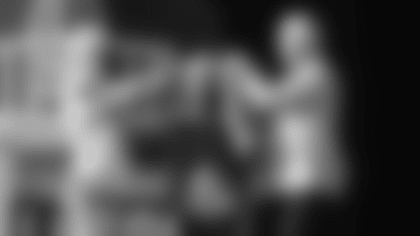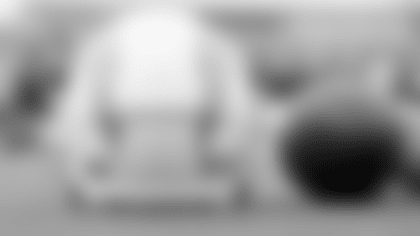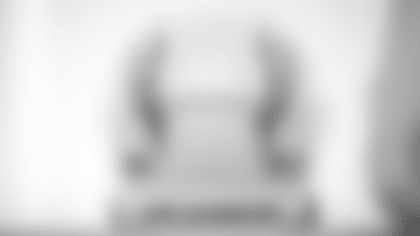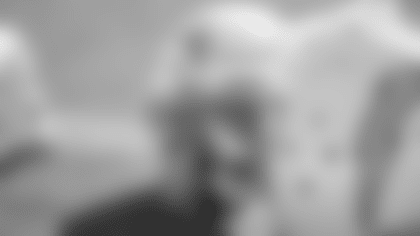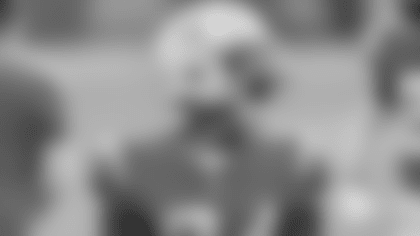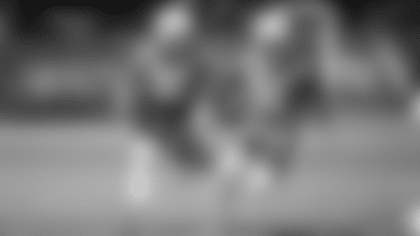UPDATE: The NFL announced a drastic new rule change following the publication of this story. **Click here to read more about the radical rule change now allowing for offensive and defensive pass interference calls, and non-calls, to now be reviewed.**
Over 17 potential playing rule changes were on the docket at this week's Annual League Meeting, and the NFL announced that at least five have passed for the 2019 season.
A few more may be enacted in the coming hours and days, as the first five changes all came from recommendations from the Competition Committee. We've yet to hear anything about the various proposals submitted by the teams.
But for now, here are the first five that were approved by the 32 team owners according to NFL Communications.
1. By Competition Committee; Makes permanent the kickoff rule changes that were implemented during the 2018 season.
Reason: Player safety.
2. By Competition Committee. It redefines a blindside block as it is a foul if a player initiates a block in which he is moving toward or parallel to his own end line and makes forcible contact to his opponent with his helmet, forearm, or shoulder. It also points out that a player may initiate forcible contact inside the tackle box, but is subject to the crackback and "peel back" block restrictions.
What it does: Expands protection to a defenseless player.
Reason: Player safety.

3. By Competition Committee. It redefines one of the exceptions, reforming it to state that, "If both teams foul after the last change of possession (Double Foul After Change of Possession), the team last in possession shall retain the ball, and the fouls offset at the spot where its foul would be enforced if it was the only foul. If the spot is normally a touchback, the ball is placed on the 20-yard line, or the 25-yard line if the impetus was from a free kick. If it is normally a safety, the ball is placed on the one-yard line. On kicking plays, if Team A fouls prior to the change of possession, Team B shall also have the option in (1) above.
What it does:Changes the enforcement of double fouls when there is a change of possession.
Reason: Competitive equity.
4. By Competition Committee; Simplifies the application of scrimmage kick rules for missed field goals.
What it does:Scrimmage kick rules apply if a Team B player touches a missed field goal attempt in the end zone before the ball touches the ground, or when either team recovers the ball behind the line of scrimmage.
Reason: Simplifies rule.
5. By Competition Committee; Allows teams to elect to enforce on the succeeding try or on the succeeding free kick an opponent's personal or unsportsmanlike conduct foul committed during a touchdown.
What it does: Teams can elect to enforce on the succeeding try or on the succeeding free kick an opponent's personal or unsportsmanlike conduct foul committed during a touchdown.
Reason: Increase options for penalty enforcement. Consistency.





